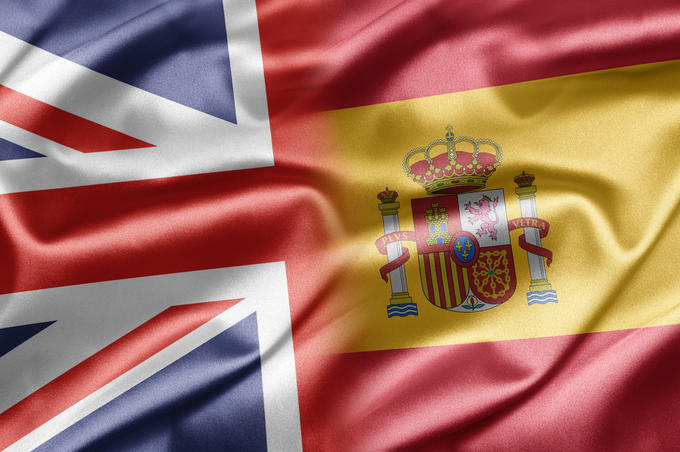There’s a good reason why Spain remains on the top five list of best immigration destinations for expatriates in recent years. While the incentives for moving from the UK to Spain differ, there’s no doubt that the country is home to bustling opportunities, which are great for individuals who want to start a new life or further their careers. Besides this, the country also boasts of its great culture, gastronomy, stunning landscapes, and more. The work-life balance that Spain offers lets you achieve a peaceful mind away from work, make time for your social life, and then recharge for the following day.
For this, you will need to apply for a Schengen visa. A Schengen visa allows tourists to enter Spain and all the other nations within the Schengen area for a 90-day period. If your main destination to visit is Spain, you will have to apply for this visa at a Spanish consulate or embassy in your resident country.
What is a Schengen visa for?
Spain, alongside other countries within the Schengen area, has a shared, external border. This simply means that once you visit one of these countries, you have the freedom to move about in the region without worrying about passport controls.
Because of this, it wouldn’t make any sense for the individual countries to issue separate tourist visas. The Schengen visa would instead permit travelers to enter all the countries within the zone, but they would first have to go to the main country’s consulate to finish the application.
Once you’ve settled your Schengen visa application, you can now proceed to make a new life for yourself in Spain. But before anything else, here are the top five things you should remember when making the move.
1. Acquire an NIE number.
One of the first things you should obtain when moving from the UK to Spain is an NIE number. An NIE number basically functions as an identification number that you will have to use for everything. These include setting up a business, purchasing a property, getting a residency card, and opening your bank account.
Also known as the Número de Identificación del Extranjero, the NIE is the number that helps identify you as a foreigner in the country. It will only be issued once and will be with you forever. This means that the NIE is never-changing and is something that should be kept for a lifetime.
It’s also important not to confuse this with the TIE, which is the residency card you obtain when applying for a legal residence. The NIE is also merely a number and not a physical document you can acquire later.
2. Get a residency card or permit.
Once you’ve already secured your NIE, it’s now time for you to get a residency card. A TIE card is a document that secures your rights in terms of social security, residence, and free movement in Spain. Your residency will be one of the most vital pillars for your new life in Spain. Because of this, it’s necessary that you already have some basic knowledge about how Spain’s immigration system works before moving so you’ll know how to approach your case accordingly.
If you’re from the European Union and are only planning to stay for three months in the country, you need to apply for an EU registry certificate. In contrast, staying over three months as a non-EU citizen means that you are required to apply for a standard residence permit.
3. Decide whether to rent or buy a property.
You also have to decide whether you want to rent or buy a property as soon as you step foot in the country. But before anything else, it’s worth noting that the bureaucratic procedure associated with renting or purchasing is quite complex, even more so if you are a foreigner who doesn’t know how to speak Spanish. In this regard, the best action is to talk to an immigration lawyer to help you throughout the process.
A good piece of advice is to rent first as you discover and travel the country. This helps you discover certain places you can see yourself residing in for the long run. Keep in mind that rental prices are lower compared to the big European capitals like Barcelona or Madrid.
4. Pay for tax residence.
As you’re about to become a permanent resident in Spain, paying your tax is essential in obtaining your TIE. If you spend over 183 days in the country per year, you have already become a tax resident, which basically changes everything. It means you need to pay income tax for all the salary you generate worldwide at certain percentages ranging from 19% to 47%.
5. Obtain healthcare.
If you’re working for a Spanish firm and making significant contributions to Social Security, you won’t need to hire private health insurance. But if this isn’t the case for you, then you’re required to obtain health insurance. The cost ranges from € 50 to € 70 and depends largely on your personal circumstances and family members.
Nonetheless, if you’re a legal resident employed in the country, you have the right to its free public healthcare assistance, which is considered among the best worldwide.







No hay comentarios.